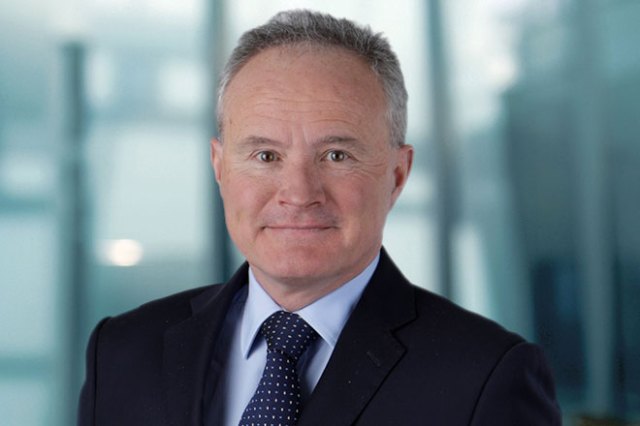In active versus passive management, Dr. Myron Scholes explains that it’s the constraints on others that allow active managers to earn excess returns.
Benchmarks are Constraints


In active versus passive management, Dr. Myron Scholes explains that it’s the constraints on others that allow active managers to earn excess returns.

Do prices in the option market have information that can be used to determine the distribution of risks? Dr. Myron Scholes shares why monitoring these signals matters.

Read why the portfolio managers at Perkins believe that now is the time to consider defensive value strategies, especially within the small- and midcap space.

Fund Manager John Bennett introduces Henderson European Focus Trust, explaining its investment objective and how the team works towards achieving this.
Doug Rao, Co-portfolio Manager for the US Concentrated Growth Strategy, shares why he believes semiconductor content in autos could grow at a double-digit rate over the next decade.

Alison Porter, Global Technology equities portfolio manager, comments on Amazon’s most recent quarterly results, which continue to demonstrate the company’s strong position in its cloud infrastructure and paid subscription businesses, as well as growth opportunities in other areas such as advertising.
In part two of this two-part mini-series, Nick Watson, portfolio manager with Janus Henderson’s UK-based Multi-Asset Team, discusses why alpha-generating managers are likely to be in ever greater demand, and focuses on dynamics within fixed income. As an allocator to both active funds and passive instruments, he argues it is crucial to consider questions of ‘where’ and ‘when’ when making decisions.
Rebecca Young, Portfolio Manager within Strategic Fixed Income, highlights interesting start-up businesses that presented at a recent disruptive technology conference and explains why bond managers should take note. She also explains why disruption ties in to the team’s long term deflationary view.

Knowledge Labs® recently partnered with the Financial Planning Association on a survey to understand how financial professionals are approaching succession planning, and if they haven’t, to define what is holding them back.

Hamish Chamberlayne, Portfolio Manager for Janus Henderson’s Global Sustainable Equity strategy, discusses recent developments affecting the world of SRI, and the strategy’s positioning, performance, and activity.